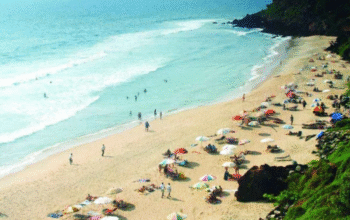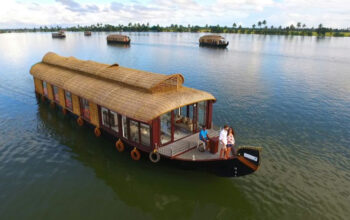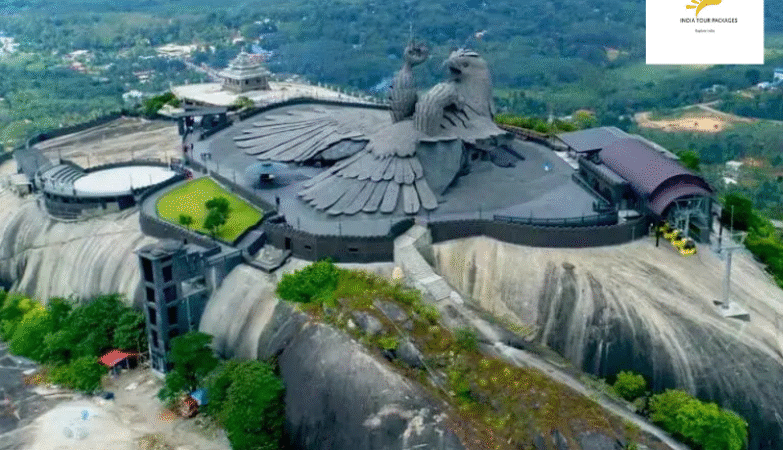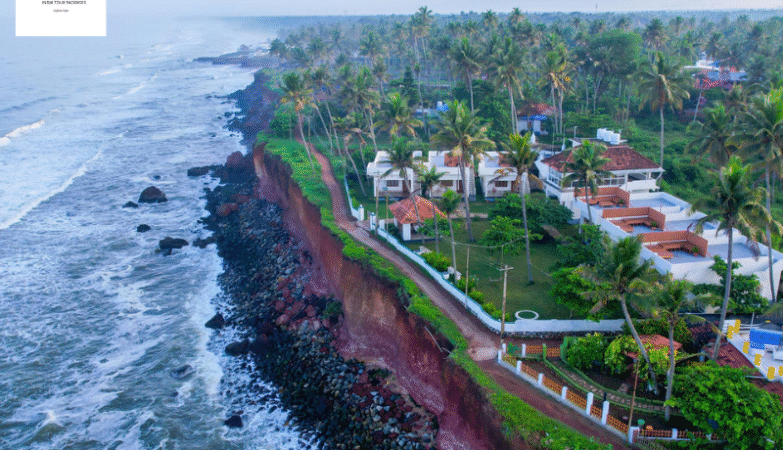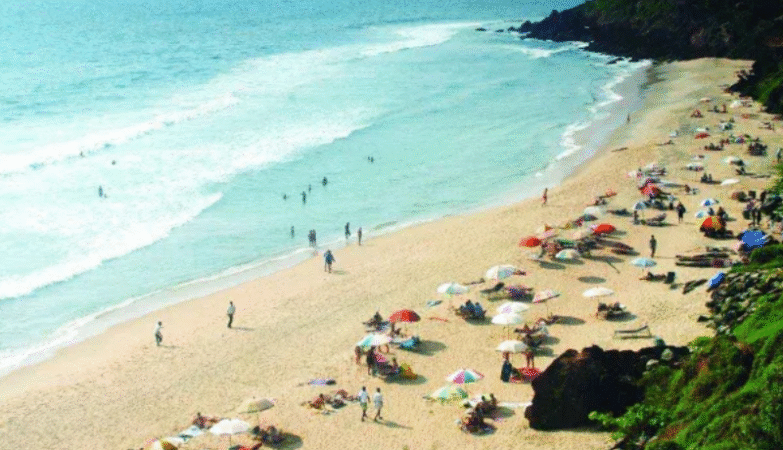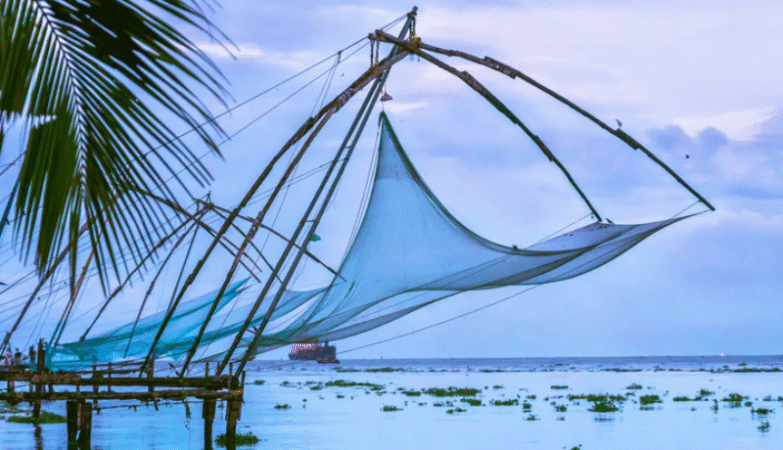Scams in Kerala Every Traveler Should Know: A Complete Guide (2025)
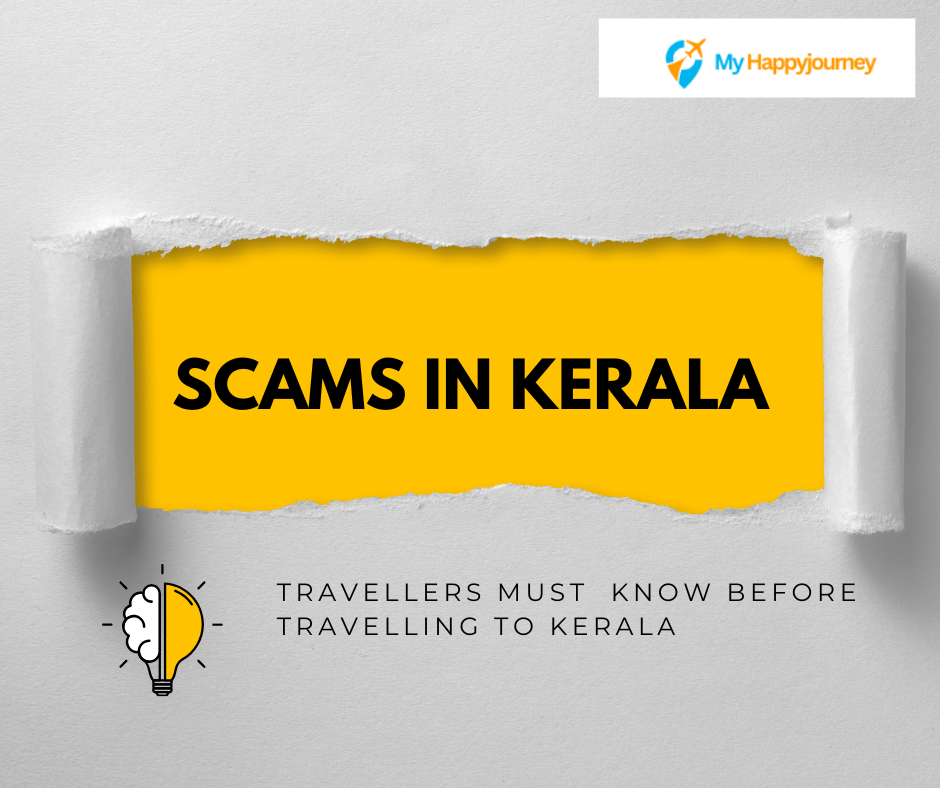
Participate in our travel forum and share your views
Kerala, often called “God’s Own Country”, is a dream destination for many travelers. With its serene backwaters, lush tea plantations, Ayurvedic wellness retreats, and vibrant culture, it is one of India’s most sought-after states for tourism.
However, like many popular destinations worldwide, Kerala is not entirely free from scams and tourist traps. While most locals are warm, honest, and welcoming, a small minority exploit unsuspecting visitors.
As a travel researcher and content creator with years of experience studying tourism patterns in India, I have compiled this comprehensive guide to scams in Kerala, based on real experiences, news reports, and insights from both travelers and local tourism experts.
This guide is not meant to discourage you from visiting Kerala—it’s one of the safest states for tourists in India—but rather to help you travel smarter, avoid common pitfalls, and enjoy your trip stress-free.
Why Scams Happen in Kerala Tourism
- High tourist inflow: Kerala receives millions of domestic and international tourists each year. Some opportunists see this as an easy chance to make quick money.
- Lack of awareness: First-time visitors may not know the average costs of services like tuk-tuk rides, massages, or backwater tours.
- Informal tourism sector: Not every operator is registered with the Kerala Tourism Department, which creates room for unregulated practices.
Common Scams in Kerala You Should Be Aware Of
1. Ayurvedic Massage & Wellness Scams
Kerala is globally famous for Ayurveda. Unfortunately, some unlicensed massage centers exploit tourists:
- Fake centers: Small shops with no certified therapists offering low-quality or even unsafe massages.
- Overcharging foreigners: Charging 3x–5x higher prices for the same treatment given to locals.
- Substandard oils: Using cheap mineral oils instead of authentic Ayurvedic medicated oils.
✅ How to Avoid
- Choose only Kerala Tourism Department-approved Ayurvedic centers (look for a “Green Leaf” or “Olive Leaf” certification).
- Book through reputed hotels, not roadside touts.
- Check online reviews before walking in.
2. Houseboat & Backwater Tour Scams
Alleppey and Kumarakom are famous for houseboat experiences. But scams are common:
- Bait-and-switch: Tourists are shown photos of luxury boats but given old, poorly maintained ones.
- Hidden charges: Food, air-conditioning, and even drinking water may not be included despite being advertised.
- Last-minute cancellations: Some operators cancel bookings and push tourists into cheaper boats.
✅ How to Avoid
- Book houseboats via credible platforms or government-registered operators.
- Insist on a written breakdown of inclusions before payment.
- Never pay 100% upfront—pay a small deposit, then settle after checking the boat.
3. Taxi & Tuk-Tuk (Auto Rickshaw) Scams
While most Kerala auto drivers are friendly, some overcharge:
- No meter rides: Demanding a flat fee much higher than metered rates.
- Unnecessary detours: Taking longer routes to inflate fares.
- “Commission” stops: Drivers forcing you to visit shops, Ayurveda centers, or jewelry stores where they earn commissions.
✅ How to Avoid
- Always ask for the meter to be used.
- Use apps like Uber, Ola, or Kerala Taxi app in major cities.
- If unsure, ask your hotel for an estimate of fare.
4. Shopping & Souvenir Scams
Kerala is known for spices, handicrafts, and gold jewelry. But scams exist:
- Fake spices: Low-quality or adulterated cardamom, saffron, or vanilla sold at “tourist prices.”
- Inflated handicraft rates: Wooden artifacts or Kathakali masks sold at 3–4x higher than local markets.
- Gemstone & jewelry scams: Shops pushing tourists to buy overpriced ornaments with questionable authenticity.
✅ How to Avoid
- Buy from Kerala State Handicrafts Emporium (Kairali) or government-approved shops.
- Compare prices at local markets before purchasing.
- Avoid buying on impulse when pressured.
5. Fake Tour Guides
Some self-proclaimed “guides” approach tourists at attractions like Fort Kochi, Munnar, or Wayanad.
- Unlicensed: Many have no training or official recognition.
- Misinformation: Providing wrong or made-up facts to appear knowledgeable.
- Hidden motives: Taking tourists to shops or restaurants for commissions.
✅ How to Avoid
- Book guides through official tourism offices or reputed travel agencies.
- Ask to see their Kerala Tourism Department guide license.
6. Beach & Wildlife Safari Scams
In places like Kovalam or Thekkady:
- Fake wildlife safaris: Locals offering “tiger spotting” or “special forest entry” for inflated prices.
- Beach scams: Overcharging for sunbeds, water sports, or food at beachside stalls.
✅ How to Avoid
- Book safaris only with Periyar Tiger Reserve official website or registered operators.
- Agree on beach activity prices before participating.
7. Online Booking & Fake Website Scams
Fraudulent websites and WhatsApp numbers pretend to be Kerala tour operators.
- Fake advance payments: Collecting deposits and then disappearing.
- Cloned websites: Copying logos of real resorts but giving fake booking links.
✅ How to Avoid
- Verify the company’s GST number, reviews, and official website.
- Avoid paying full advance to unknown operators.
- Cross-check the phone numbers on Kerala Tourism official website.
Real Traveler Experiences
- A European couple reported booking a luxury houseboat online but ended up in a boat with no air conditioning and unhygienic toilets.
- A solo traveler in Kochi was taken to five spice shops by a tuk-tuk driver and felt pressured into buying products at double the actual price.
- Several tourists have complained of backstreet massage parlors offering unsafe services under the name of “Ayurveda.”
These stories highlight the importance of awareness and careful booking.
Kerala Government Efforts to Reduce Scams
The Kerala Tourism Department actively works to protect travelers:
- Green Leaf & Olive Leaf certification for authentic Ayurveda centers.
- Responsible Tourism Mission promoting ethical practices.
- Tourist Police Units in Kochi, Munnar, and major hubs to assist visitors.
- Helpline Number 1800-425-4747 for complaints.
Still, tourists need to stay alert.
Expert Tips to Stay Safe in Kerala
- Do your research: Read verified Google reviews before booking.
- Prefer prepaid services: Use prepaid taxi booths at airports and railway stations.
- Avoid cash-only deals: Use UPI or cards for safer transactions.
- Trust your instinct: If something feels off, walk away.
- Save helpline numbers: Kerala Police Helpline (100) and Tourist Police helpline.
Final Thoughts
Kerala remains one of India’s safest, most beautiful, and tourist-friendly states. The scams you may encounter here are mostly petty and avoidable with awareness. Compared to other global destinations, Kerala still offers excellent value for money.
By understanding the common scams—whether related to Ayurveda, backwaters, shopping, or taxis—and by booking through verified platforms, you can ensure your trip is smooth and memorable.
As with travel anywhere in the world, a little caution goes a long way. Equip yourself with knowledge, plan smartly, and you will experience the real Kerala: breathtaking landscapes, authentic traditions, and warm hospitality.
